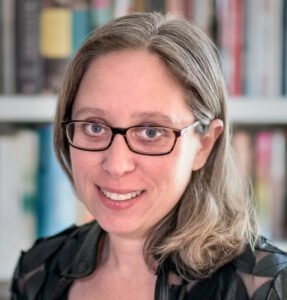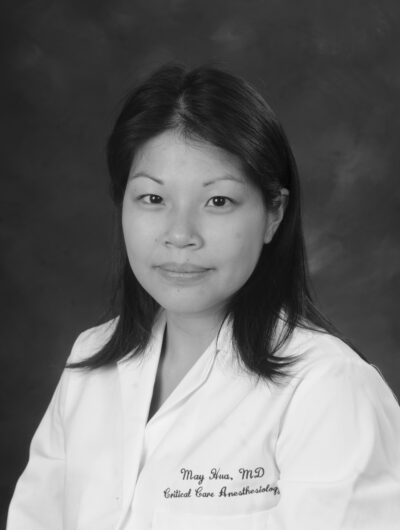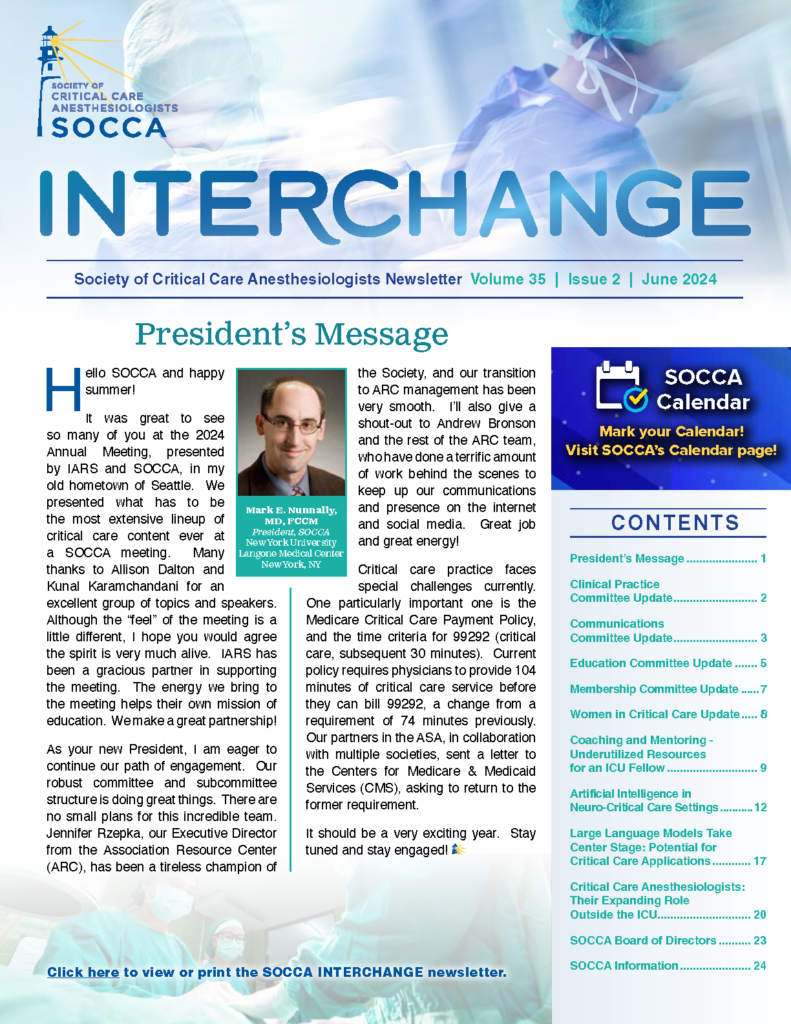Mentors and Mentees: A Powerful Connection

Hannah Wunsch, MD MSc
A 2018 viewpoint published in JAMA Internal Medicine highlighted four archetypes of “mentorship”: the traditional mentor, the coach, the sponsor and the connector.1 The authors explain, “To put it simply, the mentor guides, the coach improves, the sponsor nominates, and the connector empowers, but always the mentee benefits.” As I read this article, I was struck by how rare it is for one person to be able to fulfill all these needs, and how I was lucky enough to have a mentor, Dr. Hannah Wunsch, who can and does embody all four roles.
The traditional mentor cultivates a mutually beneficial relationship that aims primarily to advance the career of the mentee. Throughout my career, Hannah has provided both “in the weeds” and “bird’s eye” level support. Whether it was helping me find what field of science I wanted to contribute to, which questions I wanted to ask, or what types of opportunities I should say yes to, she guided me to find a path and vision that was my own. Under her guidance, I successfully applied for the first FAER Mentored Training Research Grant in Health Services Research in 2013, which jumpstarted my research career; I then transitioned to a federally funded career development award, and eventually, to being an independent investigator.
Coaches teach their mentees particular skills, with a focus on improving performance. Hannah taught me how to analyze data, ask interesting questions, and write, frame and publish studies. She always has constructive criticism, and I have learned something from her about every single part of conducting research, from how to write a good figure legend to how to run a difference-in-differences analysis.
Sponsors use their influence to give their mentees visibility, while connectors connect mentees with others who may benefit their career. When I was an early career researcher, Hannah used her incredible network to facilitate my successful collaborations with senior, prominent researchers in the field of ICU palliative care. Since then, I have been able to develop my own international network of collaborators. Of course, this has helped my publication record, but more importantly, it has made research more engaging and enjoyable. Additionally, due to her sponsorship, I have had the opportunity to write editorials in high-impact journals, give talks in national and international forums, and serve in various roles in professional societies and journals.
Early on, I knew that Hannah was a great mentor because no matter what the situation, I would leave her office feeling better and ready to take on more challenges. To succeed in academic medicine, you need someone who can guide you on the right path, and someone who will support and encourage you when the inevitable pitfalls occur. I feel incredibly fortunate to have benefitted from such amazing mentorship and can only hope to do the same for others as I move forward.
- Chopra V, Arora VM, Saint S. Will you be my mentor?—Four archetypes to help mentees succeed in academic medicine. JAMA Internal Medicine. 2017.
Watch Dr. Wunsch’s recent Fireside Chat with SOCCA’s Women in Critical Care




































